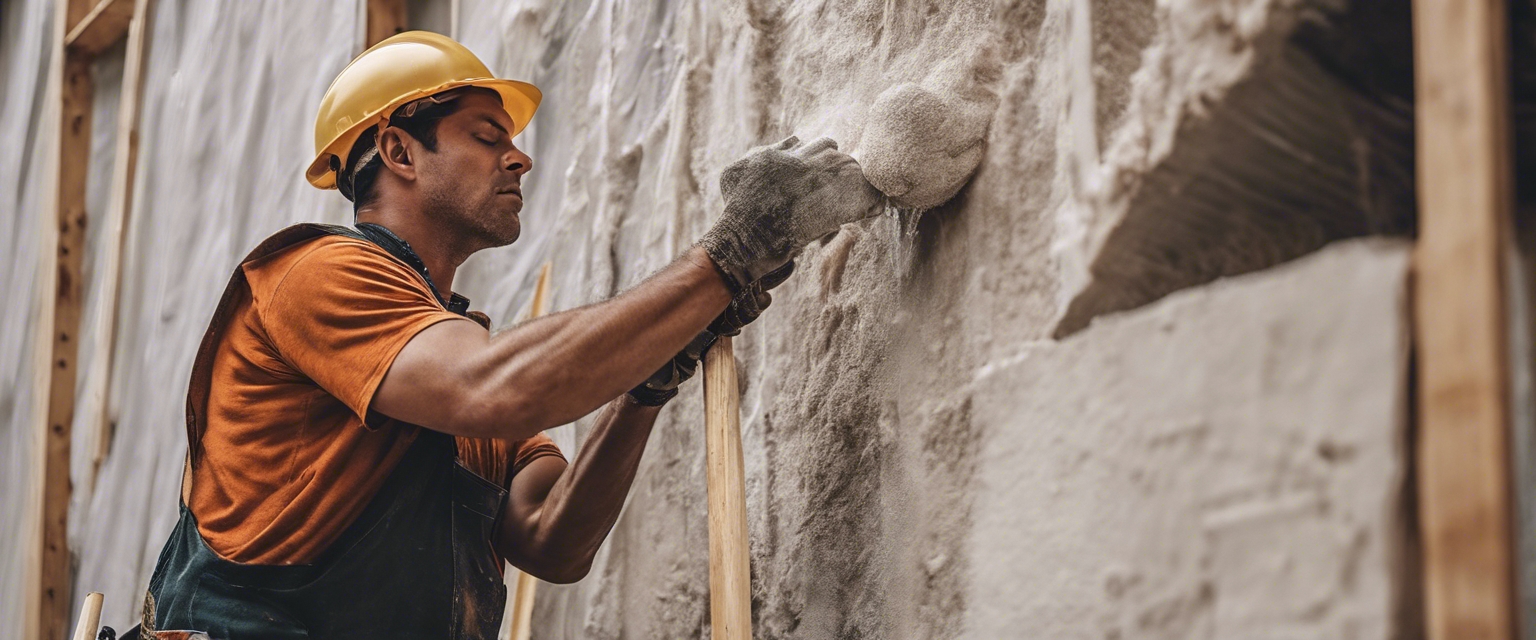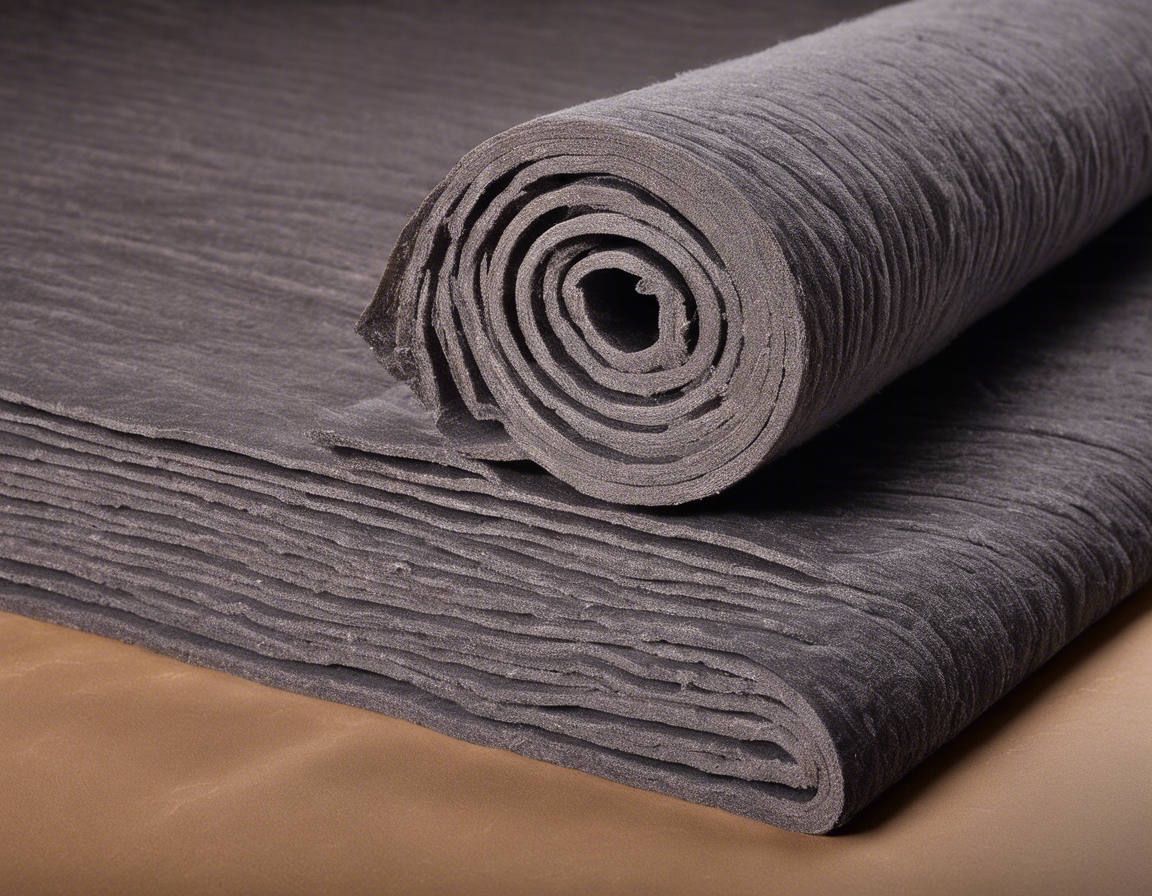The importance of proper insulation in your home
Insulation is a critical component in any building's construction, acting as a barrier to heat flow and ensuring that indoor environments remain comfortable regardless of the weather outside. It is designed to reduce the rate at which heat escapes in the winter and enters in the summer, leading to a reduction in heating and cooling needs.
Energy efficiency is a top priority for homeowners and developers alike. Proper insulation contributes significantly to a building's energy efficiency by maintaining a consistent indoor temperature, which in turn reduces the strain on heating and cooling systems.
Types of Insulation Materials
Fiberglass is a popular insulation material made from fine glass fibers. It is available in batts, rolls, and loose-fill forms and is known for its non-flammable properties and ease of installation.
Cellulose insulation is made from recycled paper products and is treated with fire retardants. It is an eco-friendly option that can be blown into walls, attics, and difficult-to-reach areas.
Foam insulation includes materials like spray foam and rigid foam boards. Spray foam expands to fill cavities and can also act as an air barrier, while rigid foam boards are excellent for insulating basements and exterior walls.
Reflective insulation and radiant barriers are designed to reflect radiant heat away from the living space, making them particularly effective in hot climates.
Benefits of Proper Insulation
One of the most immediate benefits of proper insulation is the reduction in energy costs. By minimizing heat transfer, insulation helps to lower the demand on heating and cooling systems, leading to significant savings on utility bills.
Insulation contributes to a more comfortable indoor climate by eliminating drafts and maintaining a stable temperature throughout the home.
By reducing energy consumption, well-insulated homes also contribute to a reduction in greenhouse gas emissions, supporting global efforts to combat climate change.
Insulation also serves as an effective sound barrier, reducing the transmission of noises from outside and between different rooms and floors within a building.
Insulation and Building Performance
Thermal bridging occurs when materials that are poor insulators come in contact, allowing heat to bypass the insulation. Proper installation techniques can prevent this, ensuring the insulation's effectiveness.
Insulation plays a vital role in moisture control and air sealing, preventing condensation and mold growth, and contributing to the overall air quality and durability of the building.
R-Values measure the resistance of an insulation material to heat flow, with higher values indicating better insulating properties. Selecting the right R-Value is crucial for achieving optimal insulation performance.
Professional Insulation Installation
Professional insulation services ensure that the material is installed correctly and efficiently, maximizing its benefits and the building's performance.
Before insulation is installed, a thorough inspection and assessment of the building are necessary to determine the best insulation strategy.
Every building is unique, and professional insulation services can provide custom solutions tailored to specific needs, ensuring the most effective insulation for any project.






Comments (0)